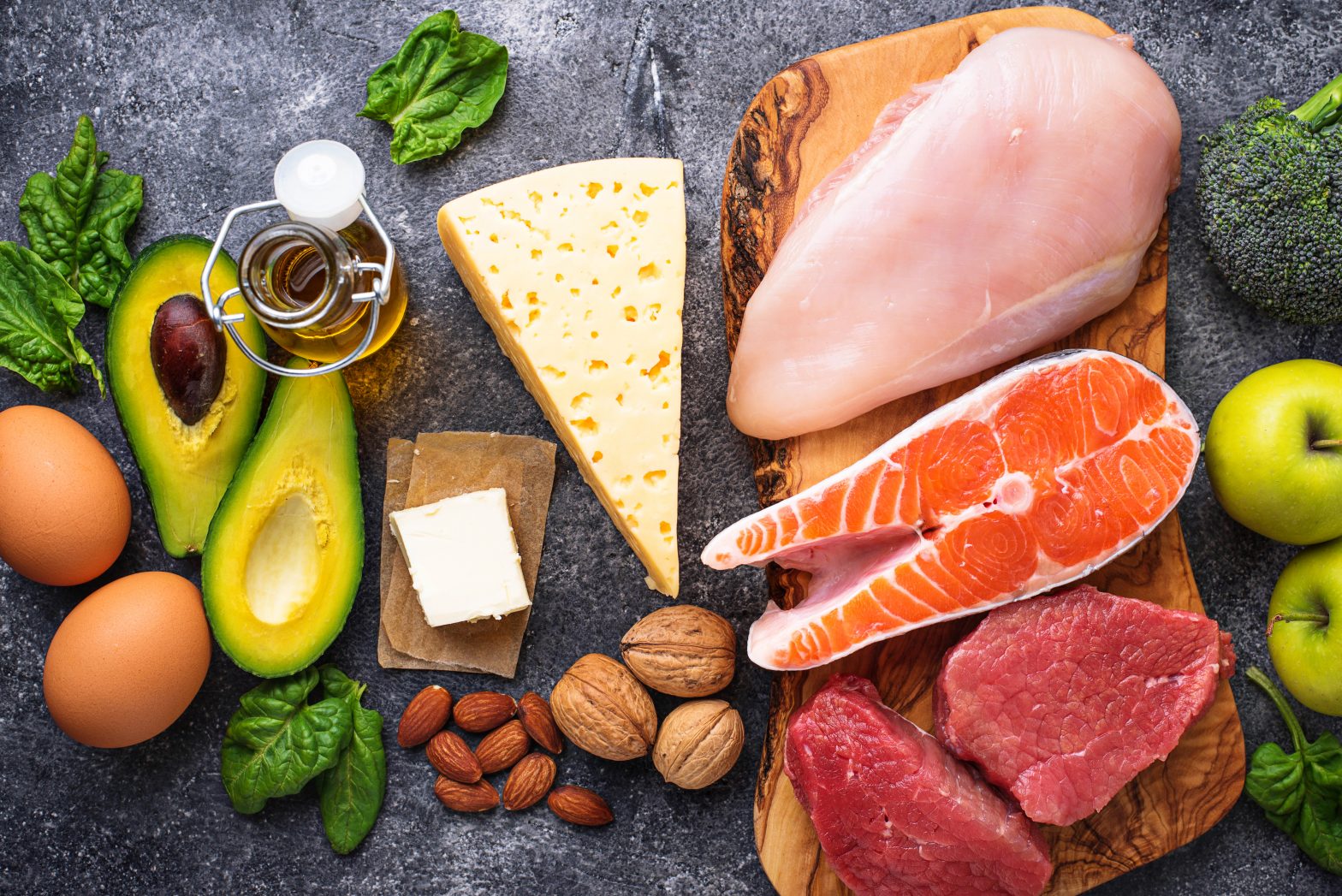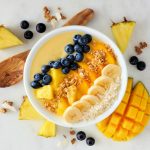What You Need to Know Before Choosing a Diet Plan for Obstructive Sleep Apnea
Posted by Jessica Penner

The details lie below, but [SPOILER ALERT]… no diet plan will cure OSA!
Food equals life. It sustains us. It connects us. It even entertains us!
Food is at the foundation of our everyday lives. When recommending a diet plan, dietitians like myself will carefully consider how it will impact the foundation of your daily life.
Over the next few articles, we’ll be exploring four popular diets, to give you a picture of what life is like when adopting these diets. This can help you envision whether this way of eating is something you can sustain over the long run.
The best diet for your body, your personality, and your lifestyle may be entirely different from the person sitting next to you!
A successful diet is one that promotes psychological and physical well-being and satisfies a person’s hunger and fullness cues. In other words, a successful diet is one that brings about satisfaction!
Now let’s take a quick peek into what the research has to say about these diets and their effect on sleep!
Mediterranean Diet
What is it?
The traditional Mediterranean Diet is based on the historic food habits of people in the Mediterranean region, up to the middle of the 20th century. In short, it’s a predominantly plant-based diet that includes moderate amounts of fish, eggs, poultry, and dairy, with olive oil as its main source of added fat.
How does it affect sleep apnea?
After 6 months on the Mediterranean Diet, participants with OSA in one study had fewer apneas during REM sleep. The diet is known to reduce inflammation and oxidative stress, which in turn, could help improve upper airway muscle strength.
Many people with OSA are also at increased risk of heart disease. There’s plenty of research that demonstrates better heart health for those following a Mediterranean Diet!
Ketogenic Diet
What is it?
This is a very high-fat diet that keeps carbohydrates and protein sources to a minimum in order to switch the body over to a state of ketosis, where the body uses ketones instead of its preferred fuel: glucose, a simple sugar.
How does it affect sleep apnea?
More study is needed, but the ketogenic diet shows promise as one that can support a good sleep structure! This study showed improvements in daytime sleepiness and this one resulted in increased time spent in stage four deep sleep.
However, it’s important to note that neither of these studies was conducted on people with OSA.
Intermittent Fasting
What is it?
Intermittent fasting diets involve repeatedly refraining from consuming food for specified time periods. The diets can differ in the length of fasting recommended, from daily, weekly, to even monthly periods of fasting, There are two main outcomes of intermittent fasting: reduced calorie intake and brief periods of ketosis.
How does it affect sleep apnea?
Food intake is one of the input signals the body uses to establish its circadian (daily) rhythm for sleep. As such, refraining from eating for time periods could theoretically alter sleep habits.
We do know that refraining from eating for a few hours before going to bed can help improve sleep apnea.
In this study, during which participants ate 600 calories one day and as much as they wanted on alternate days, the diet had no effect on sleep, meaning it didn’t make it worse or better! In another study in which participants were limited to eating during a 4-6 hour window ending at 7:00 pm, sleep quality was also unaffected.
However, In this study in which the participants fasted every day between dawn to sunset for a month, REM sleep was reduced.
From these results, it seems that intermittent fasting shouldn’t negatively affect sleep quality, as long as you’re still eating during the day instead of at night.
Vegan Diet
What is it?
This is an entirely plant-based diet filled with grains, legumes, nuts, seeds, fruits & vegetables. Animal products such as meat, eggs, dairy, and honey are completely avoided.
How does it affect sleep apnea?
There hasn’t been much research specifically looking at how a vegan diet affects either OSA or sleep quality. However, we do know that diets rich in antioxidants can help improve sleep quality. Vegan diets are often rich in Vitamin E & C, which help prevent oxidative damage to the body. Additionally, vegan diets tend to be high in Vitamin B6, which the body uses to help make the sleep-inducing brain chemicals, melatonin and serotonin.
So which diet is the best for OSA?
In the end, the best diet for OSA is the diet that works best for you. it doesn’t matter which diet you choose, the important thing is to find one that you can stick with! This research shows that people with OSA will benefit from increasing physical activity and reducing caloric intake. Those benefits extend well beyond any effect on weight. When adopting a new diet it’s important to remember that the purpose and focus of a good diet plan is not about losing weight, it’s about increasing your quality of life!












